Two Scientists Went Hunting for Fossil Fuels: What They Found “could help save the world”
During a search for fossil fuels, two scientists unearthed a discovery beneath northeastern France that may significantly contribute to combating the climate crisis.
This revelation came as they used an advanced probe to assess subterranean gases, a method never before used in such research.
The Accidental Find in the Lorraine Basin
Jacques Pironon and Phillipe De Donato, researchers from France’s National Centre of Scientific Research, stumbled upon an impressive hydrogen deposit while evaluating methane levels in the Lorraine mining basin.

Source:Marcin Jozwiak/Unsplash
Their specialized probe detected hydrogen concentrations deep below the surface, sparking interest and speculation about its potential.
Increasing Hydrogen Levels with Depth
The deeper the probe traveled, the greater the hydrogen concentrations found.
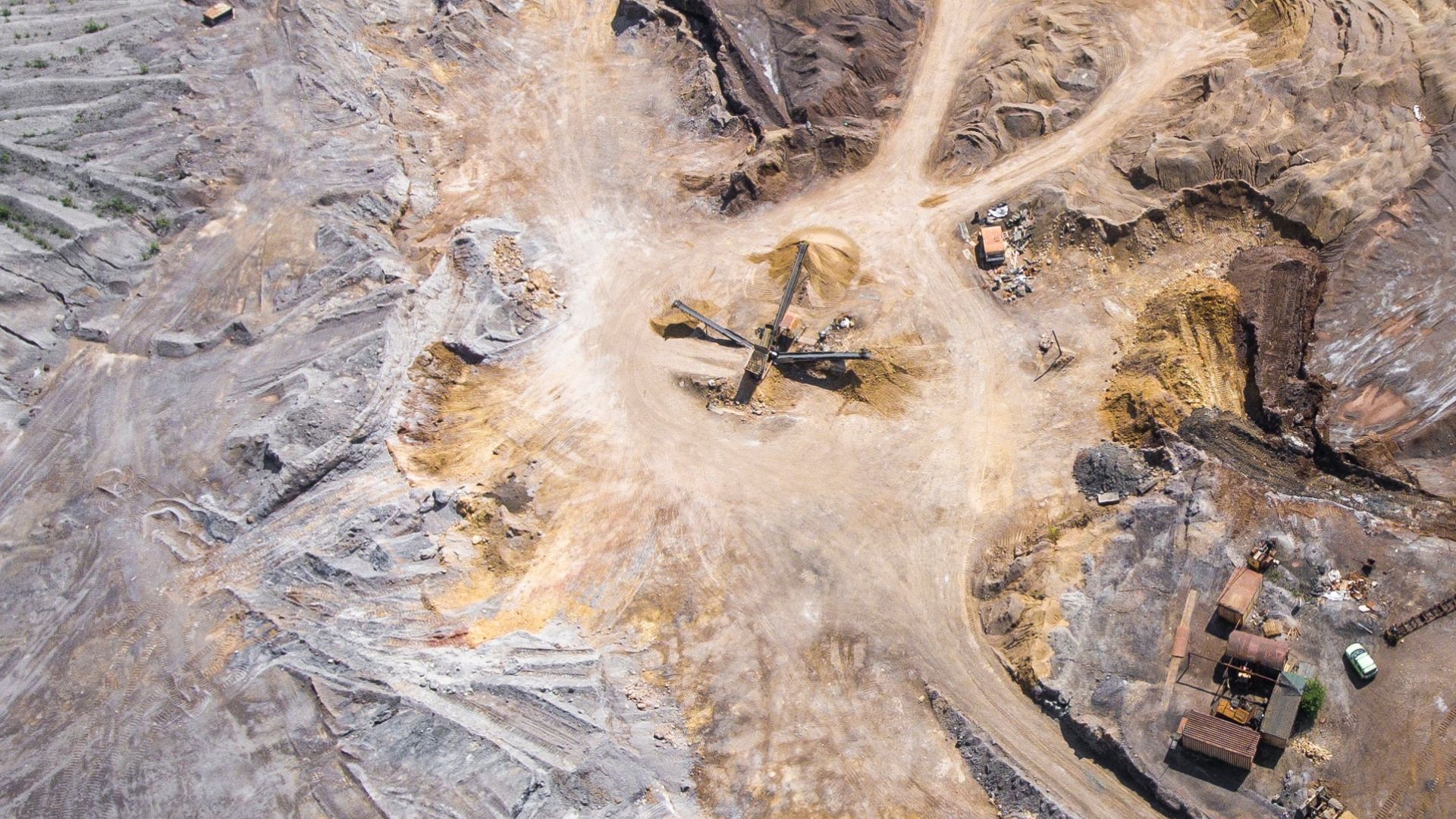
Source: Curioso Photography/Unsplash
From a mere 14% at 1,100 meters to an astonishing 20% at 1,250 meters, these findings suggested the presence of a substantial hydrogen reserve, leading to recalculations of the deposit’s potential, which ranged significantly in quantity.
The Potential of 'White Hydrogen'
The discovered hydrogen, termed as ‘white hydrogen,’ is a form of naturally occurring gas that could revolutionize the energy sector.

Source:Wikimedia Commons
It burns cleanly, producing only water, and is seen as a particularly attractive energy source for heavy industries that renewable sources cannot fully sustain.
Hydrogen: A Varied and Valuable Element
Hydrogen is the universe’s most abundant element, but it is rarely found isolated in nature. Most commercial hydrogen production is energy-intensive and relies heavily on fossil fuels.
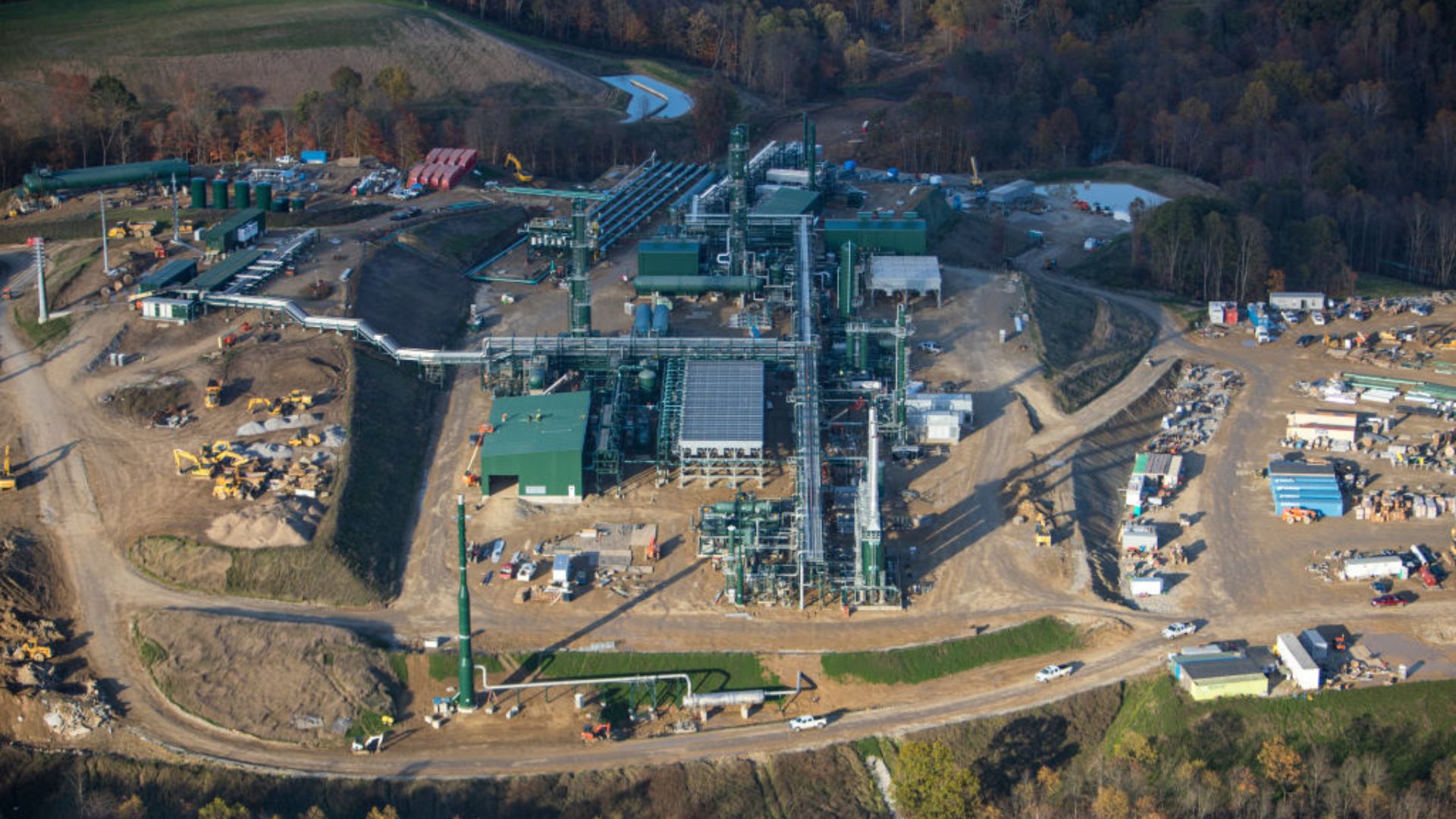
Source:Getty Images
The color-coded system of hydrogen types reflects the various production methods and their environmental impacts.
Unlocking White Hydrogen's Potential
White hydrogen has surged in interest as a viable, untapped energy resource.

Source:Jason Blackeye/Unsplash
Its discovery has shifted the focus from the limited and costly production of ‘green hydrogen’ to the more abundant natural reserves of ‘white hydrogen,’ which could potentially be harnessed on a larger scale and at a lower cost.
The Mali Incident: A Precursor to Discovery
A drilling accident in Mali’s Bourakébougou village in 1987 resulted in a hydrogen-rich well that was initially abandoned but later uncovered to be 98% hydrogen.
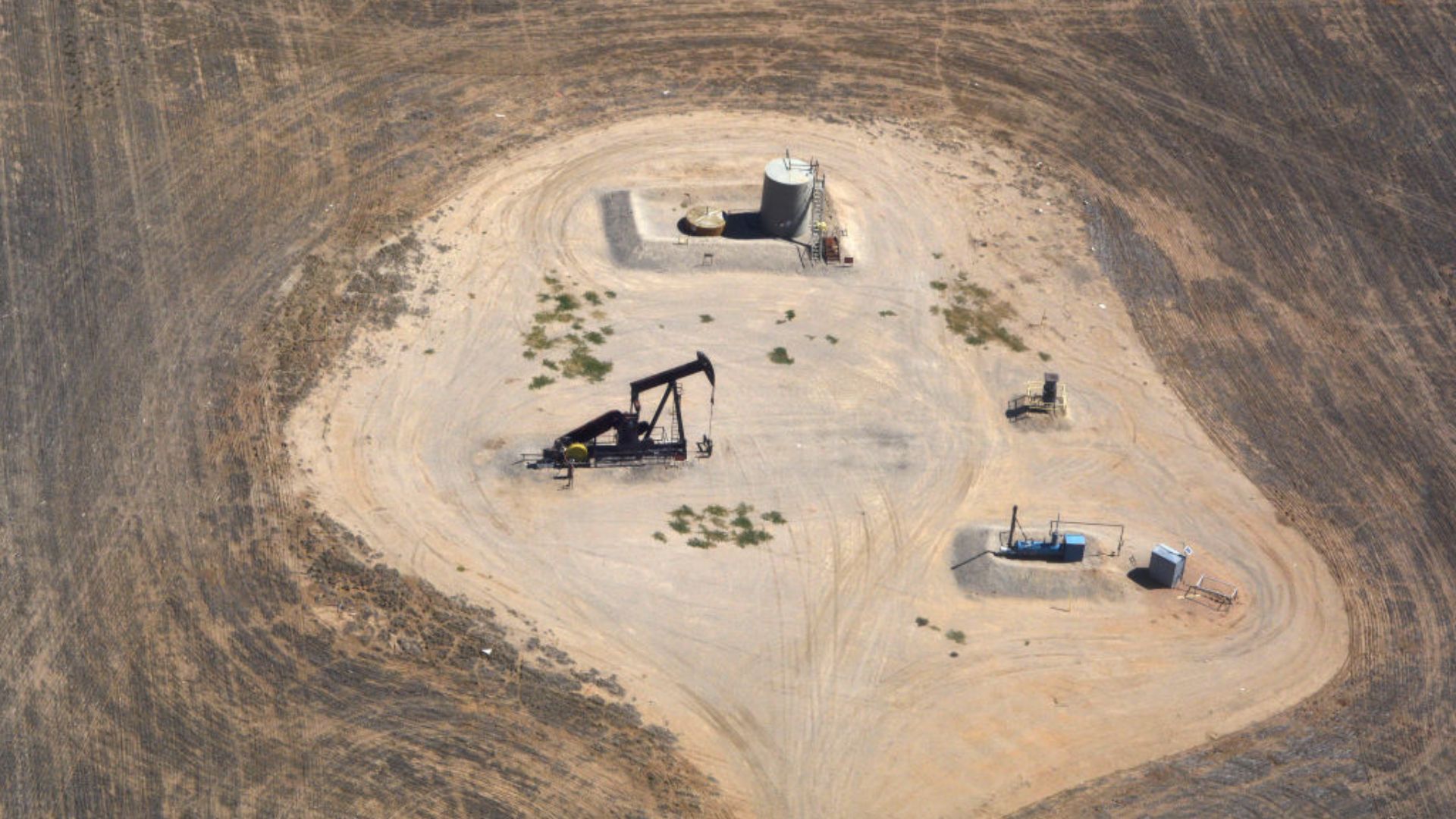
Source:Getty Images
This incident, once revisited and understood, ignited the scientific community’s interest in natural hydrogen sources.
Seeking Hydrogen: The Role of Landscape Features
Scientists have begun to pay closer attention to unique landscape features, like ‘fairy circles,’ for clues to locate hydrogen deposits.

Source: Vernon Swanepoel/Flickr
These formations are often indicative of hydrogen presence and have led researchers to discover deposits across the globe, from the United States to Australia.
The Global Implications of Hydrogen
Reserves If estimates hold true, the world’s white hydrogen reserves could surpass the current and projected future production of hydrogen fuel.

Source:Getty Images
Even if only a fraction of these reserves is economically viable, the impact on the energy sector and the environment could be substantial.
The Corporate Rush Towards Hydrogen Exploration
Companies worldwide, from Australia’s Gold Hydrogen to several Denver-based startups, are aggressively pursuing white hydrogen, with some securing significant investments.

Source:Gold Hydrogen LTD/X
This corporate interest marks a notable shift towards exploring and potentially commercializing white hydrogen energy.
Challenges in Transitioning from Concept to Commerce
Despite the excitement, translating the potential of white hydrogen into a practical, commercial energy source is fraught with challenges.
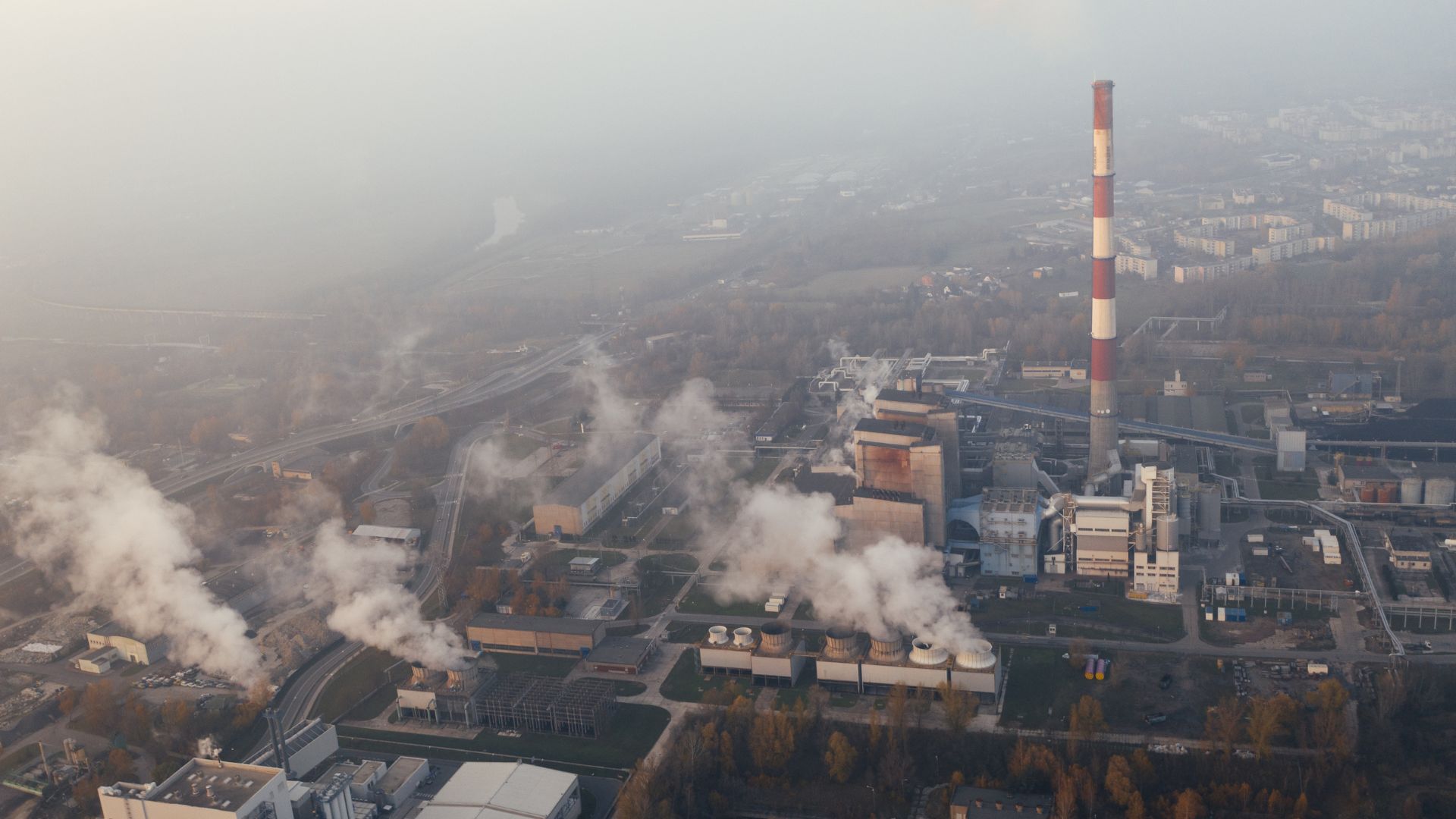
Source:Marcin Jozwiak/Unsplash
While startups are optimistic, the road to commercialization involves navigating technical, regulatory, and financial hurdles.
A Region's Transformation from Coal to Hydrogen
The Lorraine basin, once a European coal production hub, may play a central role in the emerging white hydrogen industry.
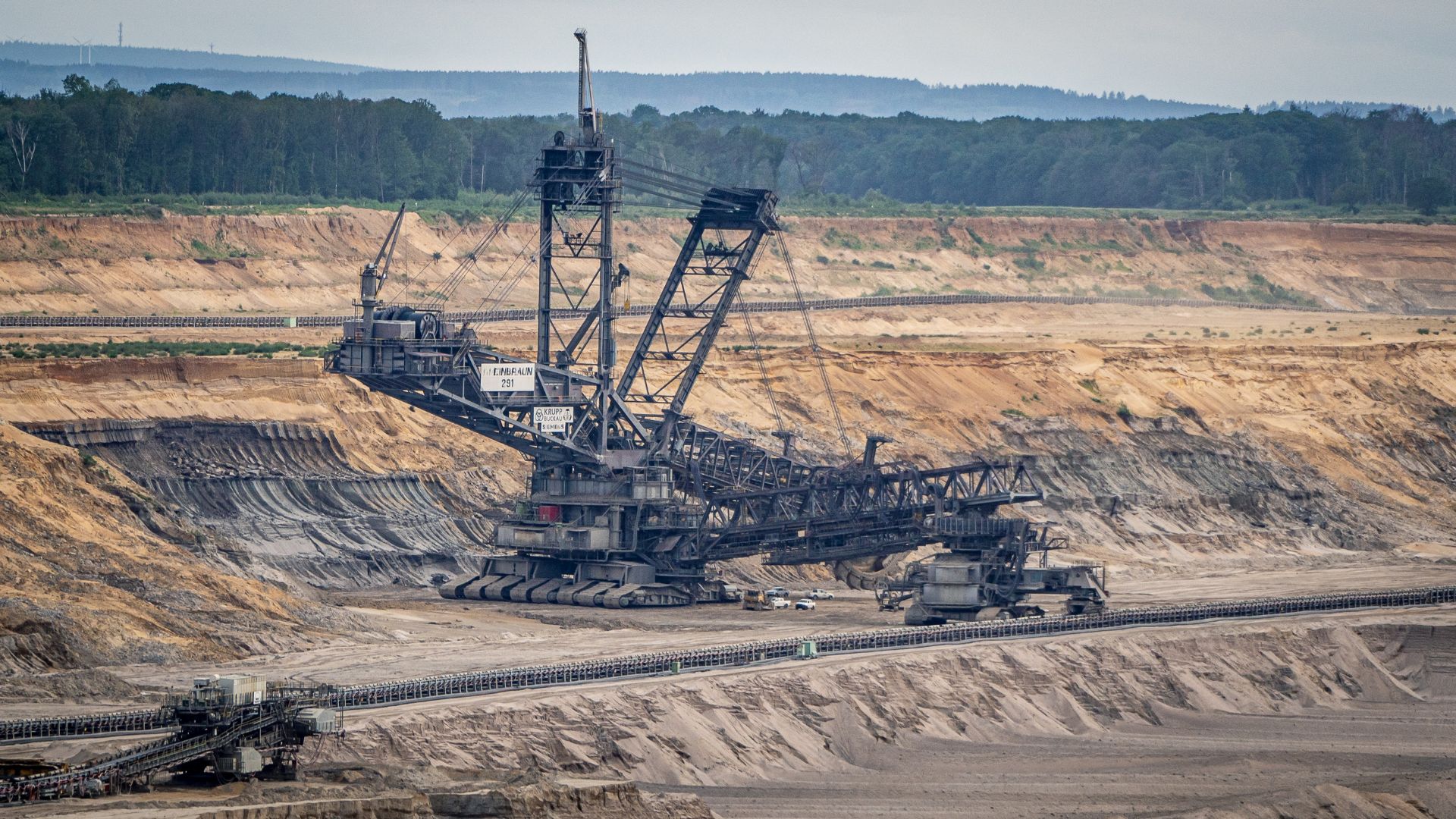
Source:Chris Münch/Unsplash
The next steps involve deeper drilling to ascertain the full scope of the hydrogen reserves, a task that symbolizes the region’s possible transition from a coal past to a hydrogen future.
